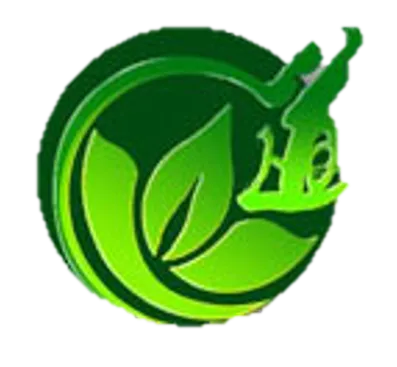Chronic Cough
Traditional Chinese Medicine Approach to Chronic Cough
A Pattern-Based System to Resolve Persistent Cough at Its Root
In Traditional Chinese Medicine (TCM), chronic cough is not viewed as a single disease, but as a manifestation of internal disharmony that disrupts the normal function of the Lung. While acute cough may be caused by external Wind invasion, chronic cough often involves deeper imbalances of internal organs, primarily the Lung, Spleen, Liver, and Kidney.TCM treatment is guided by pattern differentiation, identifying the nature of the cough, the quality of phlegm, the strength of organ systems, and accompanying symptoms to create a personalized treatment strategy.
🔹 General Principles in TCM Treatment of Chronic Cough
Regulate Lung Qi – The Lung governs Qi and controls respiration. Rebellious Lung Qi rising leads to coughing.Transform Phlegm and Moist Dryness – Phlegm obstructs the Lung; dryness damages fluids.T
onify Deficiencies – Chronic conditions often involve Qi, Yin, or Kidney deficiency.Soothe the Liver and Harmonize Organs – Emotional stress or Liver Qi stagnation may contribute to coughing.
Restore Balance to the Interior – Treatment focuses on long-term internal harmony, not just symptom suppression.
🔹 Common TCM Patterns and Treatment Approaches
✅ Wind-Phlegm Blocking the Lung
Features: Persistent coughing with profuse phlegm, chest fullness, rattling sound in throat, worse in the morning
Treatment Principle: Disperse Wind, transform Phlegm, descend Lung Qi
✅ Phlegm-Heat in the Lungs
Features: Barking cough, thick yellow phlegm, thirst, chest pain, red tongue with yellow coating
Treatment Principle: Clear Heat, resolve Phlegm, descend Lung Qi
✅ Lung Yin Deficiency
Features: Dry, hacking cough, little or no phlegm, dry mouth and throat, worse at night, night sweats
Treatment Principle: Nourish Lung Yin, moisten dryness, stop cough
✅ Lung Qi Deficiency
Features: Weak, soft cough, shortness of breath, fatigue, spontaneous sweating, recurrent colds
Treatment Principle: Tonify Lung Qi, strengthen Wei Qi
✅ Spleen Qi Deficiency Producing Phlegm
Features: Chronic cough with white, sticky phlegm, fatigue, poor appetite, loose stool
Treatment Principle: Strengthen Spleen, transform Dampness and Phlegm
✅ Liver Fire Insulting the Lung
Features: Sudden cough triggered by stress or emotions, red face, dry mouth, wiry pulse
Treatment Principle: Clear Liver Fire, descend Lung Qi
✅ Kidney Deficiency Not Grasping Qi (in elderly or chronic cases)
Features: Chronic cough with weakness, sore back and knees, wheezing, worse on exertion or at night
Treatment Principle: Tonify Kidney, help the Lung grasp Qi
🔹 Adjunctive Therapies in TCM
✅ Acupuncture
Often used to regulate Lung Qi, transform phlegm, and support the immune system.
✅ Dietary Therapy
TCM dietary recommendations are aligned with the pattern:
For phlegm: Avoid dairy, cold/raw foods, greasy dishes
For dryness: Use pears, lily bulbs, snow fungus, almonds
For deficiency: Eat warm, cooked, nourishing foods like congee, soups, and root vegetables
💬 Conclusion
Chronic cough in TCM is not treated as a single illness, but as a symptom of deeper systemic imbalance. By identifying the root pattern and tailoring treatment with herbs, acupuncture, and lifestyle support, TCM aims not only to stop the cough but to restore harmony in the body and prevent recurrence.
